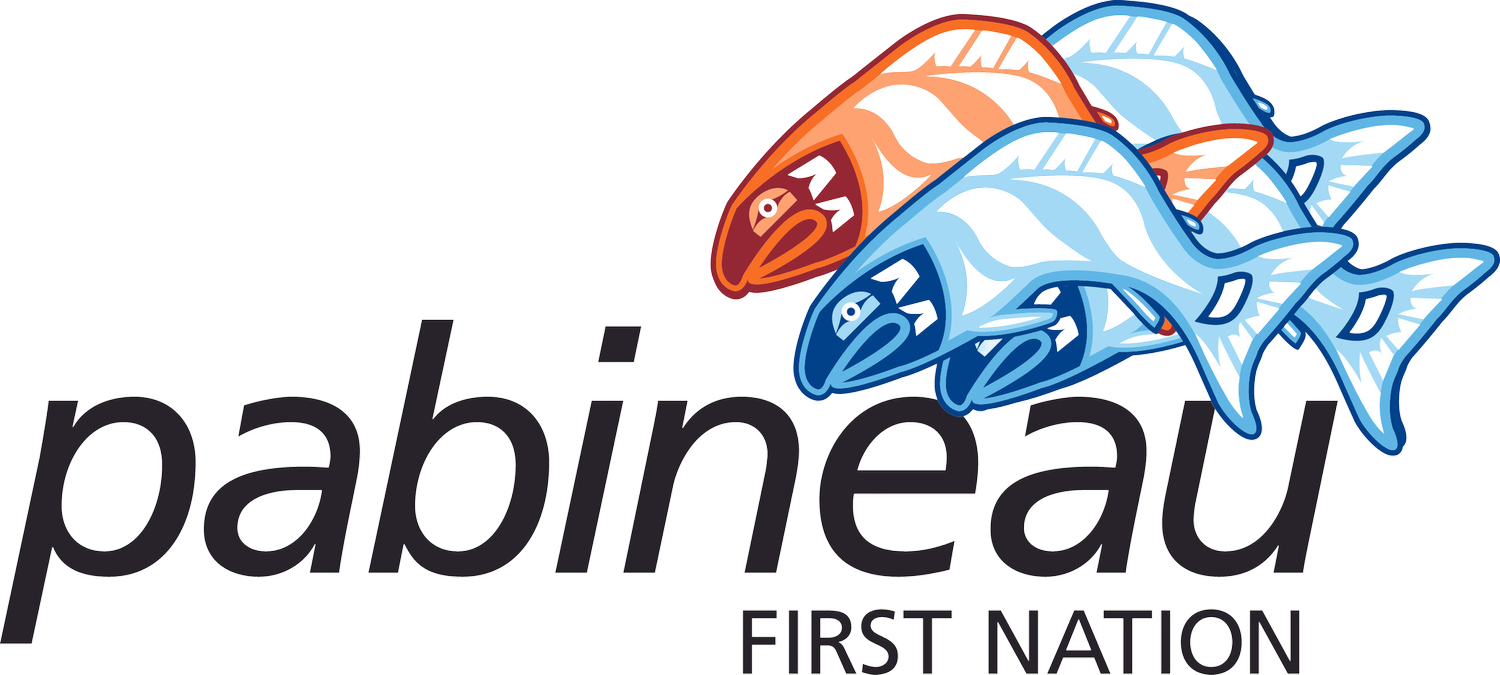Declaration Of Title & Rights Over Traditional Territory
Mi'gmaq are the sovereign nation of present-day Mi'gma'gi, also known by Canadians as Atlantic Canada. Mi'gma'gi comprises seven districts, and Oinpegitjoig is in Gespegewa'gi, the largest of the seven. We acknowledge our Creator and all creations and gifts. In particular, the gifts of Inherent Rights, Sovereignty and Nationhood. We have never ceded, surrendered or given up title and rights over our territory's lands, water and resources, and governing authority over all matters related to our lands and people. We have a special relationship with our traditional territory. No other elected Government or organization has the authority to infringe on our title to lands and on our community rights. Our ancestors, Elders, and leaders have worked to reconcile our differences with Canada and New Brunswick. Each generation protected our territory and preserved our history, language, culture and dance. We acknowledge Elders who imparted teachings, stories, songs and dances that allowed us to maintain the traditions of our government institutions and our way of life. Our children and future generations will continue this important work until reconciliation is achieved. We, as First Nation Chief and Council, elected leaders, acting in our capacity as the official governing body mandated to represent citizens of the Pabineau First Nation on April 2020, declare that:
1. We are the Mi'kmaq people, descendants of ancestors who exercised sovereign authority and ownership over our land and waters for thousands of years. We have never surrendered our land. Today, we reaffirm the continued existence of the Pabineau First Nation title and our right as a Nation to exercise jurisdiction and management authority and to derive economic benefits from lands, waters and resources within our territory as mandated by our Inherent Rights and the United Nations Declaration On The Rights of Indigenous Peoples (UNRIP) and Section 35 of the Constitution.
2. Pabineau First Nation territory encompasses part of the Gespegeogag Mi'kma'ki District. The source of the Pabineau First Nation title flows from our historical ownership, occupation, stewardship, use and control of our territory. We have never surrendered title to our homeland, ecosystems and resources, as they are essential to our way of Life. Our title predates and survives the assertion of European sovereignty. Each generation is taught the history of our lineage and how it connects our People to ownership and responsibilities related to our territory.
3. We continue to exercise jurisdiction and political authority as owners of our territory and resources when engaging with other governments, industry partners, First Nations and those seeking to carry out activities on Pabineau First Nation lands and waters.
4. Section 35 of the Constitution Act, 1982, states, "The existing aboriginal and treaty rights of the aboriginal peoples of Canada are hereby recognized and affirmed" and that "the aboriginal peoples of Canada" include the Indian, Inuit and Metis peoples.
5. The United Nations Declaration on the Rights of Indigenous Peoples (UNDRIP) recognizes rights over Traditional Territory and has been approved by Parliament.
6. We will uphold stewardship responsibilities in accordance with Netukulimk passed on by our ancestors and allow traditional laws to evolve into our contemporary government system.
7. We are undertaking extensive strength of claim analysis to demonstrate that our assertions are based on fact. In the future, we will be prepared to launch an Aboriginal title case if this fundamental reality is not recognized or respected.
8. We remain committed to existing agreements and establishing strategic alliances and cooperative relationships with partners sharing Pabineau First Nation interests. These interests include the principles of ecosystem-based management over our land, water and resources and the establishment of sustainable economic development and a conservation economy within our territory.
9. We remain committed to seeking appropriate solutions to reconcile the Pabineau First Nation title with the Crown and engage on a government-to-government basis with Canada and New Brunswick to establish a reconciliation process through negotiation.
10. Our position and that of the United Nations Declaration on the Rights of Indigenous Peoples is that reconciliation requires our free, prior, and informed consent to developing Pabineau First Nation territories and waters as we move forward in a collaborative management regime.
11. The renewed mandate from our People is to obtain a declaration of title to our lands and waters; and for Pabineau First Nation to exercise maximum control over our territory by incorporating a community consultation process.
